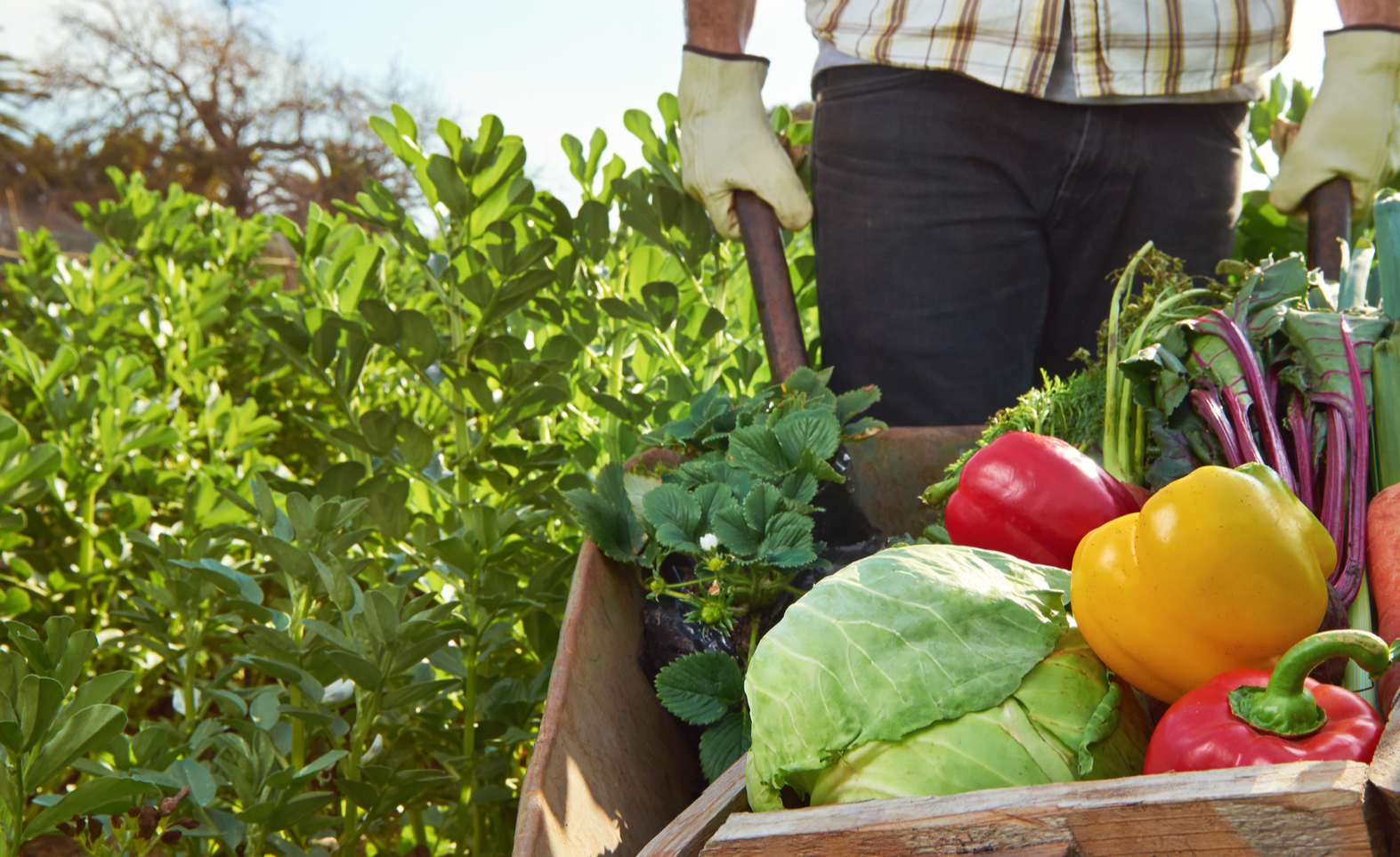
July 28, 2021
The summit on ‘Transforming Food Systems For Achieving the SDGs: Rising to the Challenge was held on July 27, 2021.
Shrimati Karandlaje stressed on the major role of agriculture in the growth of developing nations and a sustainable future for the planet.
India has been taking various measures to build diversity among crops along with various techniques in irrigation and harvest to ensure maximum productivity sustainably.
Additionally, it has also taken steps to ensure the provision of income support to farmers, increase rural incomes and deal with the issue of malnutrition.

Karnataka’s Minister of State for Agriculture Smt Shobha Karandlaje highlighted the various measures taken by India to revamp the agri-food systems to achieve sustainability and reach the 2030 Sustainable Development Goals (SDGs) at a virtual ministerial roundtable of the UN Food Systems Summit on ‘Transforming Food Systems for Achieving the SDGs: Rising to the Challenge’ on Tuesday. She also mentioned the country’s efforts to be mindful of the issues faced by farmers and take proactive measures such as ensuring the provision of income support to farmers, boosting rural incomes, and finding solutions to deal with under-nourishment and malnutrition in the country.
Emphasising on agriculture’s role in the socio-economic transformation of developing countries, Shrimati Karandlaje spoke about India’s focus on enhancing productivity, for a robust post-harvest management and a unified national market to benefit both farmers and buyers. She also mentioned the country’s zealous reforms in doubling the farmers’ income in the near future and the numerous interventions in recent times, prompting the sector’s exceptional performance with the production exceeding earlier records, notwithstanding the crisis brought by the COVID-19 pandemic.
Aiming to create farm gate and agriculture marketing infrastructure in rural areas through interest subventions and credit guarantee to entrepreneurs to reduce post-harvest losses, India has created an Agriculture Infrastructure Fund amounting to $USD 14 billion. A scheme to enable the formation and development of Farmer Producers Organisations to aid small and marginal farmers has also been created. Under the PM KISAN Scheme, a total of $USD 18 billion was allocated to 110 million farmers. Through the National Rural Employment Guarantee Scheme, the constitutional right of every rural household to voluntarily work for 100 days a year is enabled. A micro-irrigation fund amounting to $USD 672 million was allocated towards a scheme to enhance efficient water use through micro-irrigation technologies.
To further the goal of sustainable productivity, food security and soil health, India is diligently endorsing organic farming. 262 abiotic stress-tolerant varieties of various crops have been developed so far in this regard. With the aim of creating a more competitive business environment where investments enable a faster evolution into a green economy, the government has been working towards boosting the diversification of crops, particularly in food-grain based systems. At present, India has a major potential to drive the global shift towards a green economy, with several global processes in 2021, particularly the October UN Convention on Biodiversity Conference of Parties (CoP), Kumming, China. Given its proficiency in structured knowledge acquisition and sharing between the farmers and users, unravelling opportunities and solutions to simultaneously meet sustainability goals to revamp agriculture through agro-ecology, natural farming and agroforestry, the country exhibits the capacity to become the entrepreneurial excellence hub in sustainable agriculture.